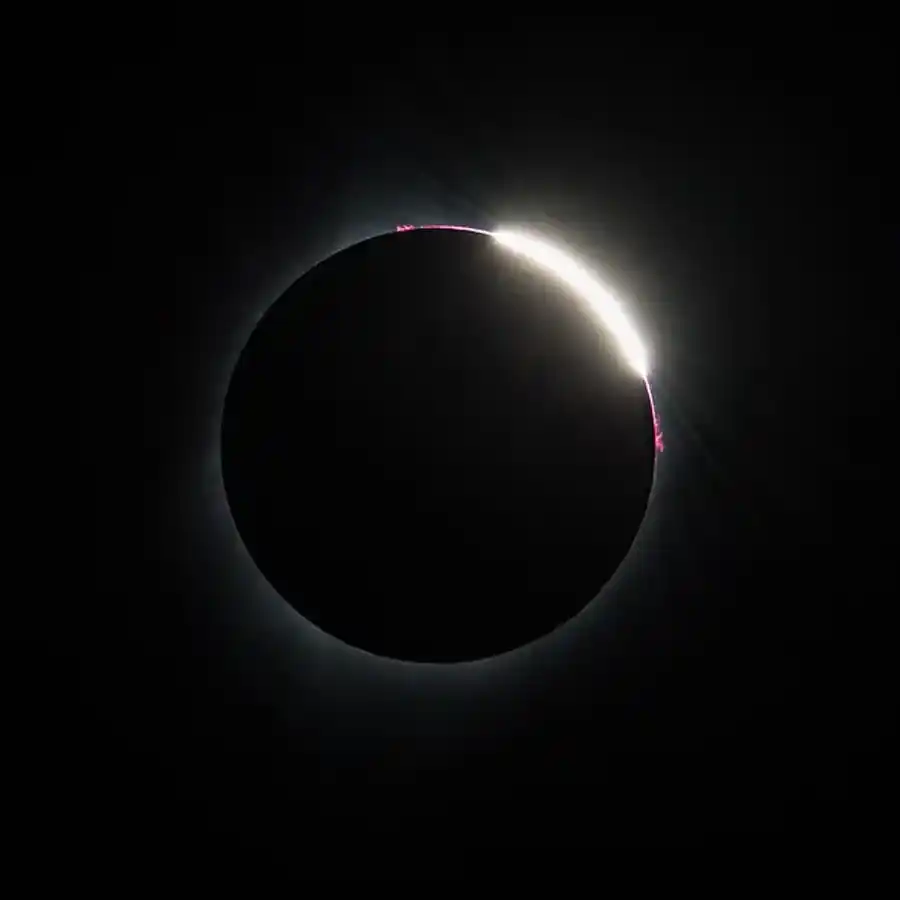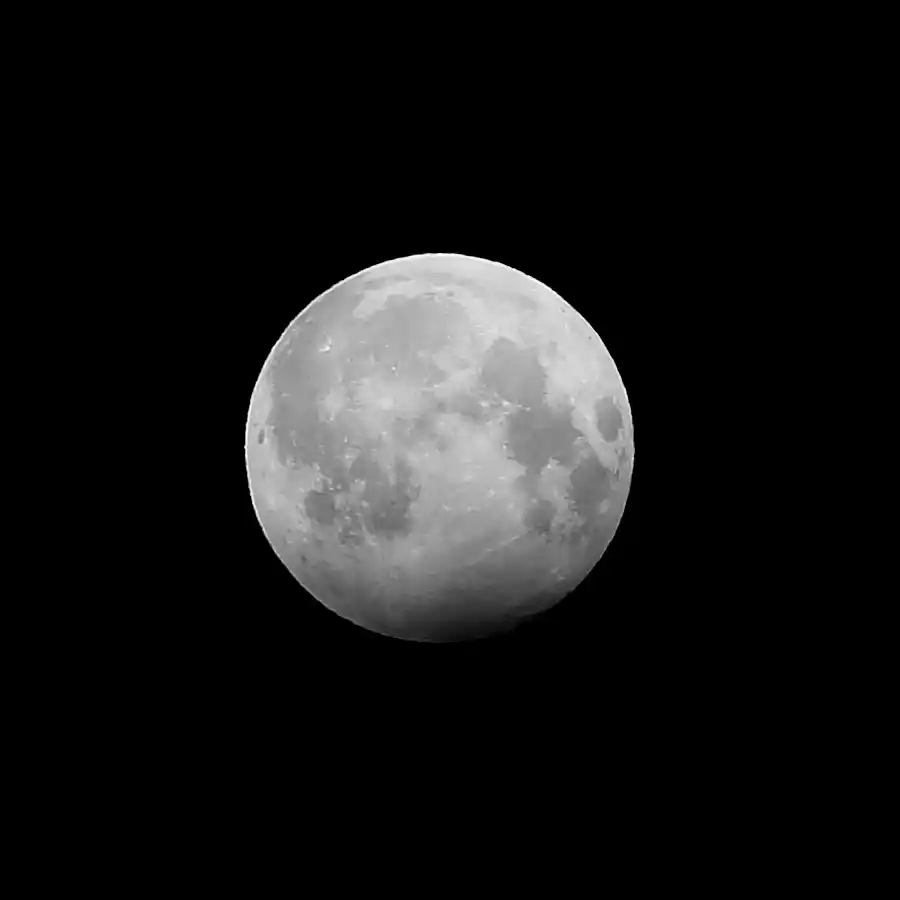Solar Eclipse April 2024


Sometimes you absolutely want to be in the path of a natural phenomenon, and the 2024 Great North American Solar Eclipse is one of those times.
On April 8, 2024, Mexico, the United States, and Canada will witness a total solar eclipse. While only those along the path of totality will witness the Moon fully covering the Sun, there are plenty of chances to see a partial eclipse, including right here in Knoxville, where we’ll see 85-90 percent coverage.
(If you want to travel to see the full eclipse, NASA has put together the path of totality.)
Paul Lewis, who directs space science outreach for the Department of Physics and Astronomy, said it’s possible to enjoy this fantastic astronomical event even if you stay here in East Tennessee.
“Just go out your front door, but be certain that you have certified solar eclipse glasses,” he said. “For our area there is no totality, so you must keep the glasses on during the eclipse.”
The American Astronomical Society also has tips on how to view the eclipse safely.
Eclipses always come in pairs and this one is no exception. The partial eclipse we will witness on April 8 was preceded by a deep penumbral eclipse of the moon on March 25th, as seen in the photo (bottom left) taken by our very own Paul Lewis.
What’s the Department of Physics and Astronomy Doing?
Weather permitting, we’ll set up solar telescopes on the roof of the Nielsen Physics Building from 1:30 to 4:00 p.m. for those who’d like to watch the eclipse with us. (If you’re coming from off campus, please consult the campus visitor parking information available from UT Parking and Transportation.)
Assistant Professor Sherwood Richers will help host an event at The Muse Knoxville, with activities for kids including an explanation of eclipses (e.g., lights and shadows), presentations in the planetarium, and solar telescopes for on-site viewing. The event begins at 1:30 p.m. and ends at 4:00 p.m., when The Muse closes. The department is providing a limited number of solar glasses for the event and The Muse will also donate a few pairs.
Need Eclipse Glasses?
First of all, make sure that wherever you get your glasses, they’re labeled ISO 12312-2 and have an authentic ISO certification label.
- The Knoxville News Sentinel has put together a list of where to find eclipse glasses in Knoxville.
- The American Astronomical Society has compiled a list (including large retail chains) of where to buy glasses, handheld solar viewers and/or sheets or rolls of solar-filter material.
- American Paper Optics is a Tennessee company offering an array of glasses; you can visit their website for more information.
What Time is the Eclipse Happening in Knoxville?
- April 8, 2024
- For us here in Knoxville, the event starts at 1:49 pm.
- The peak partial eclipse is about 3:07 pm.
- The event should end at 4:23 pm.
More Eclipse Resources
- NASA | 2024 Total Solar Eclipse
- American Astronomical Society | Solar Eclipse Across America (2024)
- eclipse.org: Knoxville | The 2024 eclipse in Knoxville, Tennessee, USA
